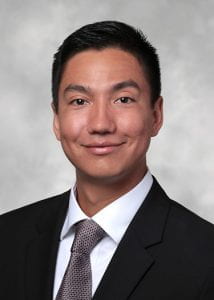Dr. Joseph Nelson, a PGY-3 Family Medicine resident is the president of the Network of Underrepresented Residents and Fellows (NURF) this year. With the help of the NURF executive board and many allies, Dr. Nelson has been deeply engaged with diversity recruitment efforts. Last year, when Dr. Nelson was the vice president of NURF, the group hosted its inaugural, virtual diversity recruitment town hall for medical students from all backgrounds but mostly those who identified as underprivileged or underrepresented in medicine (URiM).
This month, I have invited Dr. Nelson write the DIO Blog, highlighting the diversity efforts that NURF is organizing.
Byron D. Joyner, MD, MPA
Vice Dean and Designated Institutional Official (DIO)
Graduate Medical Education, UW Medicine
Dear Colleagues,
As the summer winds down and Green Day’s Wake Me Up When September Ends undoubtedly plays once or twice as we go to work each day, it’s hard not to reflect. The Summer began with a resurgence of COVID-19 by way of the Delta variant, just as we thought vaccination had altered the curve for the better. A heat wave engulfed the Pacific Northwest, fires rampaged across the country, dramatic floods struck Asia and Europe, and now hurricanes threaten the southeast once again. With our inevitable exit from Afghanistan came a wave of horror as the Taliban and ISIS resurfaced, leaving a country and many lives lost. And now, Texas approves the most extreme anti-abortion law in US history.
twice as we go to work each day, it’s hard not to reflect. The Summer began with a resurgence of COVID-19 by way of the Delta variant, just as we thought vaccination had altered the curve for the better. A heat wave engulfed the Pacific Northwest, fires rampaged across the country, dramatic floods struck Asia and Europe, and now hurricanes threaten the southeast once again. With our inevitable exit from Afghanistan came a wave of horror as the Taliban and ISIS resurfaced, leaving a country and many lives lost. And now, Texas approves the most extreme anti-abortion law in US history.
Despite all of this, we continue to move forward. On August 31st, the Network of Underrepresented Residents and Fellows hosted our second annual Virtual Diversity Recruitment Town Hall, where we had the privilege to meet hundreds of prospective residency and fellowship applicants who are underrepresented in medicine or who come from disadvantaged backgrounds. In an impressive showing, it was a bright spot amidst a challenging time. These individuals represent the future of healthcare and are the outcome of centuries of resilience and strength by people of color and others who have faced discrimination in a land where liberty and justice are meant for all. I thank everyone involved, from administrators, to faculty, to trainees, for helping to show that the University of Washington is dedicated to the support and advancement of those who have overcome so much adversity in not only their training, but also their lives.
We look forward to an exciting year, with a powerful line-up for our Diversity Lecture Series with the theme of Intersectionality in mind. We are also partnering with the Resident and Fellow Physician Union – Northwest to host a happy hour for trainees, which will be our first since the onset of the pandemic. And speaking of changes during the pandemic, my own Family Medicine residency will soon be welcoming an in-person underrepresented in medicine visiting sub-intern later this month. We are also looking to continue our virtual URM experience. I am hopeful that other residency and fellowship programs share my excitement and are working to create similar opportunities.
Here’s to the year ahead.
